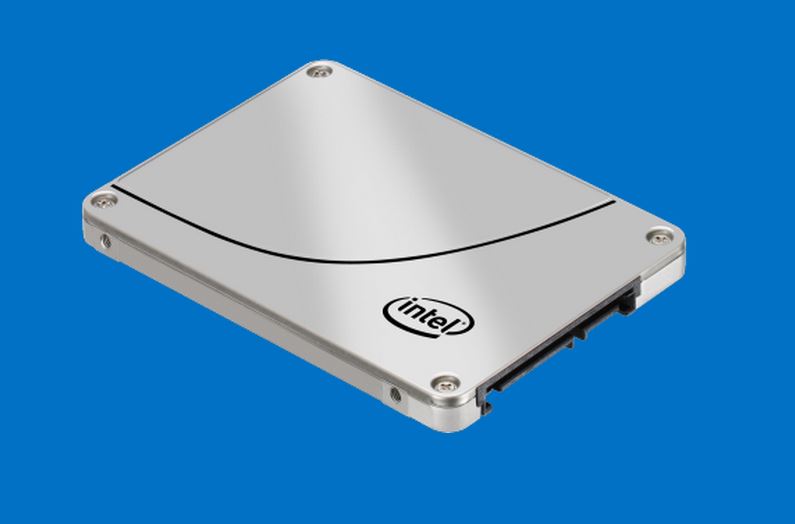Microsoft Patches Up Intel And Toshiba SSD Issues With Windows 10
Microsoft's RS4 update to Windows 10 has been rife with bugs, the first of which began with crashes, boot loops, general instability, and performance problems with Intel SSDs. We unearthed the issue, which found Microsoft blocking updates to users of "certain" Intel SSDs, before either company would name the specific drives impacted. After a round of emails, we learned that the bugs specifically impacted Intel's SSD 600p Series and SSD Pro 6000p models. The following week, Microsoft also began to block updates to systems that used Toshiba SSDs, citing reduced battery life with a few unnamed models.
Microsoft's new KB4100403 addresses the issues and updates Windows 10 to OS Build 17134.81. The "known issues" portion of the KB listing includes a listing that the company fixed the issues with both Toshiba and Intel SSDs. The update also lists Toshiba's XG4, XG5, and BG3 series as the impacted SSDs.
We imagine that the fixes will be implemented in a forthcoming update, thus allowing users of the impacted SSDs to update to the new version of Windows 10. You can install this new patch manually, but Microsoft will also push it out through its (maddening) automatic update feature during the June Tuesday Update.
Neither Intel, Toshiba, nor Microsoft has fully explained the technical glitches that led to the issues with Intel and Toshiba's SSDs, but they are widely attributed to the various low-power states that SSDs fall into during light use.
The update also includes miscellaneous fixes:
Addresses an issue in Internet Explorer that might cause communication between web workers to fail in certain asynchronous scenarios with multiple visits to a web page. Addresses additional issues with updated time zone information. Addresses an issue where closed-caption settings are preserved after upgrade. Addresses a reliability issue that may cause Microsoft Edge or other applications to stop responding when you create a new audio endpoint while audio or video playback is starting. Addresses an issue that may cause Windows Hello enrollment to fail on certain hardware that has dGPUs. Addresses an issue with power regression on systems with NVMe devices from certain vendors.
Meanwhile, Microsoft is now grappling with update bugs that impact Dell Alienware products. These issues also appear to revolve around low power states. Upon resumption from sleep, Dell's Alienware products are generating a black screen. As a result, Microsoft has now suspended updates to those machines, as well.
Get Tom's Hardware's best news and in-depth reviews, straight to your inbox.

Paul Alcorn is the Editor-in-Chief for Tom's Hardware US. He also writes news and reviews on CPUs, storage, and enterprise hardware.
-
kelmen This type of "patch" quality, it's the sign about the downfall of the giantReply
Pc os need a good alternative -
justinjkiss1 About time Microsoft admits that they have an issue with Alienware laptops. I have been dealing with this issue since 1607 anniversary update. Also one of the updates prevented my battery from charging past 20%... still no fix for that.Reply
